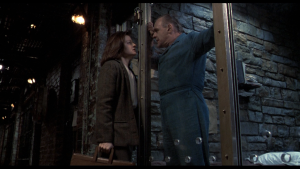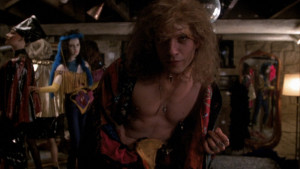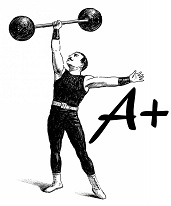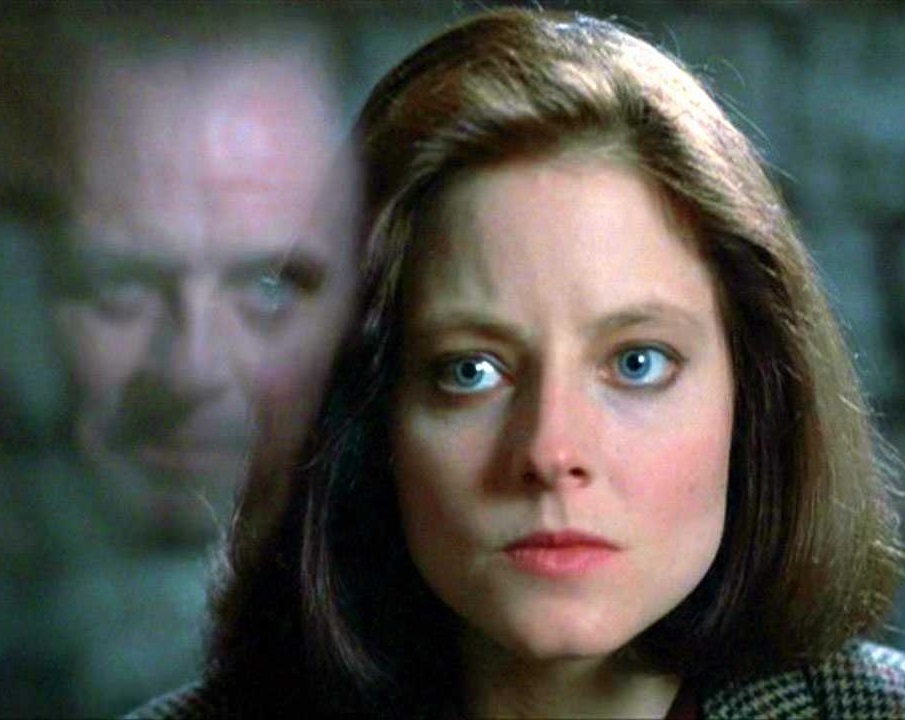Based on the 1988 Thomas Harris novel of the same name, “The Silence of the Lambs” would go down as one of cinemas all time darlings. Director Jonathan Demme would mold a perfect film, with stunning cinematography, a chilling scope, and unforgettable performances from its much lauded cast. “Lambs” would win the five most coveted Academy Awards – Best Screenplay, Best Director, Best Actor, Best Actress, and Best Picture of 1991, and would introduce the world to the garrulous and scintillating serial killer and cannibal, Doctor Hannibal Lecter.
The brilliance of “Lambs” is that it keeps the character of Hannibal Lecter (Anthony Hopkins) an ambiguous mystery – from his over the top confines in the Baltimore State Hospital for the Criminally Insane where he lives in solitude behind a transparent barrier, to the list of seemingly nonsensical axioms one must follow when visiting.
Lecter’s backstory is only vaguely revealed. What you do decipher is that he is a renowned psychiatrist who not only murdered some two dozen former patients but consumed the bodies in cannibal fashion. Hopkins is perfect in a role that would eventually send the fictional doctor to the horror hall of fame alongside such infamous murdering monsters as Freddy Krueger and Jason Voorhies.
Opposing Hopkins in the film is Jodie Foster. As fledgling FBI agent Clarice Starling, Foster’s performance is almost as captivating as Hopkins. Starling is sent by the bureau to meet with the vile doctor, setting up for some of the movie worlds all time greatest scenes. Simple dialogue between Lecter and Starling showcase the great written story of Harris. Demme is a master at building suspense and tension from a simple conversation.

The story is so powerful that, despite being locked away from society, Hannibal Lecter is often thought of as the primary cretin in the story, far more terrifying than most free men would be. Just when one would think Lecter’s sins couldn’t possibly be topped in terms of devilish, from the mind of Thomas Harris comes a serial killer known only as Buffalo Bill (played by Ted Levine),in which Lecter and Starling are forced to form an unusual union in attempt to track down and stop him.
Not to be outdone by the award winning performances of Hopkins and Foster, Levine turns out an utterly phenomenal performance in the role of a madman. The infamous lotion scene depicts Buffalo Bill as a truly horrific specimen in terms of insanity, a mass murdered that looks at his victims as mere objects yet has over the top affections directed towards his yapping poodle, Precious.
In addition to Levine, veteran character actor Anthony Heald plays a perfect part as the arrogant and somewhat sadistic Dr. Frederick Chilton, who runs the institute that harnesses Lecter. Heald embodies the character with a skillset that rivals all the other stars of the film. Heald and Levine could have easily taken awards for Best Supporting Actor, reinforcing what makes “Lambs” so perfect.
 Rarely does a film deserve all the high accolades cast upon it. “The Silence of the Lambs” rightfully took all honors and awards it received, becoming the first horror movie to win the high honors of Best Picture. The story is gripping and the layout is chilling. “Lambs” flows in just under two hours, and will never leave you bored.
Rarely does a film deserve all the high accolades cast upon it. “The Silence of the Lambs” rightfully took all honors and awards it received, becoming the first horror movie to win the high honors of Best Picture. The story is gripping and the layout is chilling. “Lambs” flows in just under two hours, and will never leave you bored.
There’s one part of the plot I would have changed, but for the sake of those who haven’t seen it, I’ll keep it to myself. Numerous sequels and prequels have been released in the aftermath of “Lambs,” but I’m not sure any are needed. To create a film that is truly one of a kind, and to be praised by fans and critics alike as it fills its mantle with trophies is an exceptional accomplishment.
It’s difficult for a horror movie to run perfect from start to finish. “The Silence of the Lambs” proves that it can be done.
by – Matt Christopher


